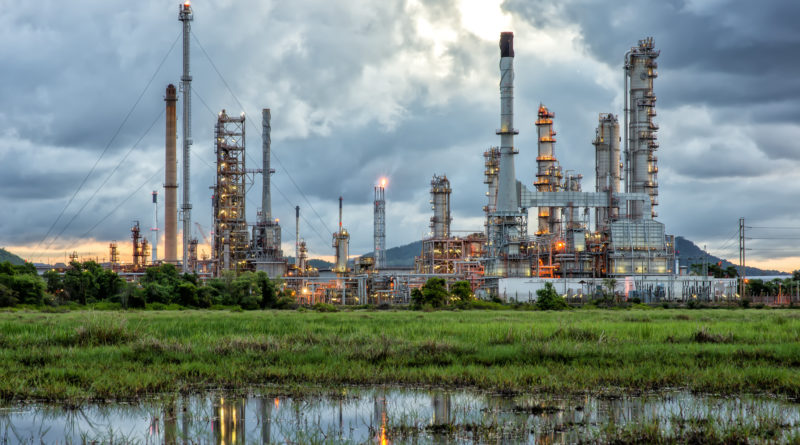How Do the Saudi Oil Attacks Relate to Iran?
![]()
On September 14th, 10 drones attacked Saudi Arabian oil facilities, massively disrupting the leading oil producer’s supply and sending global oil prices skyrocketing. Shortly after the attacks, Yemen’s Houthi rebels claimed responsibility. However, experts on the conflict between the Houthi rebels and Saudi Arabia were quick to doubt the rebels’ claim – and some even pointed to Iran as a possible culprit.
The Houthi rebels’ track record for drone attacks immediately cast doubt upon their claim. Over the course of the Houthi-Saudi conflict, the rebels have attempted over 200 drone strikes on Saudi Arabia, and none of these strikes caused nearly the amount of damage that Saturday’s did. The attacks caused fires at two oil facilities that the Saudi government owns and operates, including a crude oil stabilization plant said to be the largest in the world. In fact, the attacks’ impact was so strong that global daily oil output was reduced by five percent.
Given the scale of the attacks, many see Iran as a likely perpetrator. Iran has long backed the Houthi rebels, leading many to believe that the Houthi-Saudi conflict is actually a proxy war between Iran and Saudi Arabia. Iran has also contended with tensions from the U.S. for much of 2019, and the Southwest Asian nation’s possible involvement in the Saudi oil attacks reignited those tensions.
On September 16th, U.S. President Donald J. Trump stated that it “looks” like Iran carried out the Saudi oil attacks. In the same statement, Trump noted that he was not yet considering military intervention, despite his previous bluster regarding the conflict in the region. Trump also said that the attacks’ impact on U.S. oil supplies and economics would be minimal.
Iran, which has denied any involvement in the Saudi oil attacks, has decided not to consider talks with the U.S. following Trump’s comments. Iranian Ayatollah Ali Khamenei characterized Trump’s comments as designed to pressure Iran into policy decisions it would not otherwise make. Khamenei said that the only way that Iran would consider talks with the U.S. would be for Trump to re-enter the U.S. into the nuclear agreement it controversially exited last year.
Trump’s withdrawal from the Obama-era Iran nuclear accord reignited tensions between Iran and the U.S. Following this policy shift, Trump reimposed sanctions on Iran regarding its ballistic and nuclear programs. Trump has also called on Iran to cut its support for the Houthi rebels.
The Saudi oil attacks and their relation to Iran also drew comments from international leaders. Boris Johnson, who only recently became the prime minister of the U.K., said via a spokesperson that determining the culprit with full certainty and working with other countries on a collective response would be key. German Chancellor Angela Merkel expressed her desire to return to the Iran nuclear agreement. French President Emmanuel Macron worried that French diplomatic efforts to ease the tension between the U.S. and Iran would prove meaningless in the wake of the Saudi oil attacks.
Earlier this week, Trump said the U.S. was “locked and loaded” should military intervention become necessary. Responses to the Saudi oil attacks over the next few weeks will determine whether Trump ultimately does pursue war with Iran.

